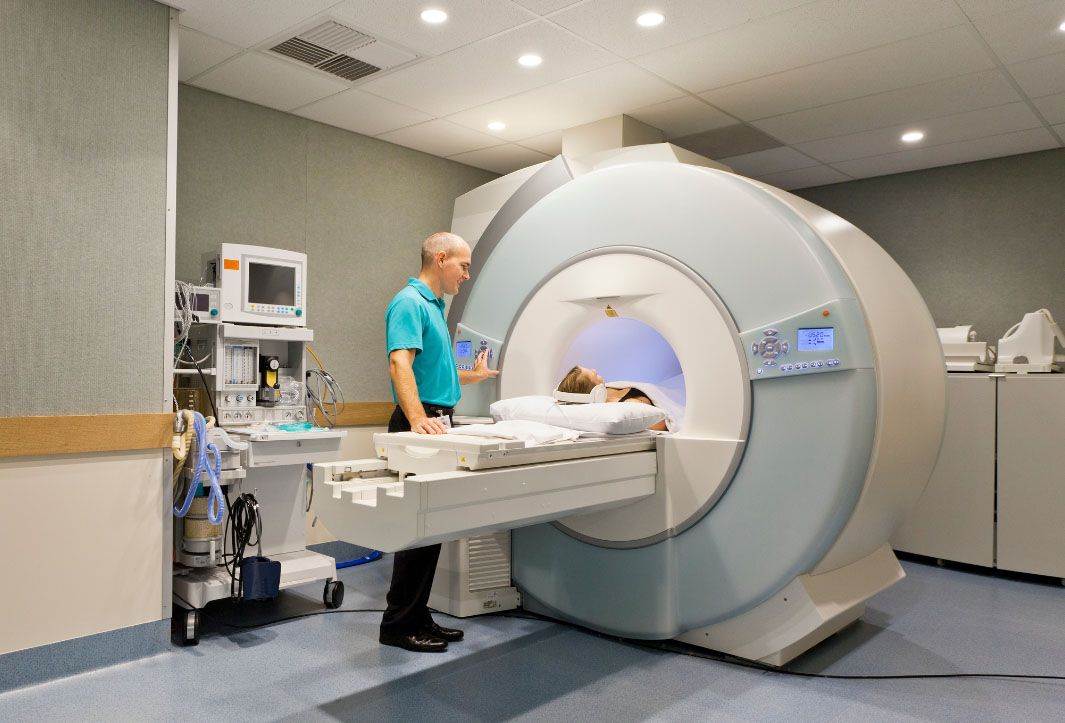
Cancer
Every two minutes, someone in the UK is diagnosed with cancer. The latest statistics show that one in two people will develop cancer during their lifetime.
We want to do all we can to help those children and adults who are treated at our hospitals and in the community as they face one of the toughest challenges in their lives.
Our fantastic supporters have helped us fund some incredible state-of-the-art equipment and research that has saved lives as well as create spaces that make the wards feel less clinical. However, there is still so much more we can do to help save more lives in the future – and you can help us! See below all the various ways in which we help cancer patients.

Haematology And Oncology
Patients are treated on our Haematology and Oncology wards with a wide range of cancers including breast cancer, leukaemia, lung and prostate cancer, and are usually in hospital for weeks, if not months.
Lengthy hospital stays can be uncomfortable and stressful for both patients and their families which is why we refurbish the units to make them brighter and more comfortable for those who need to spend long periods of time there.
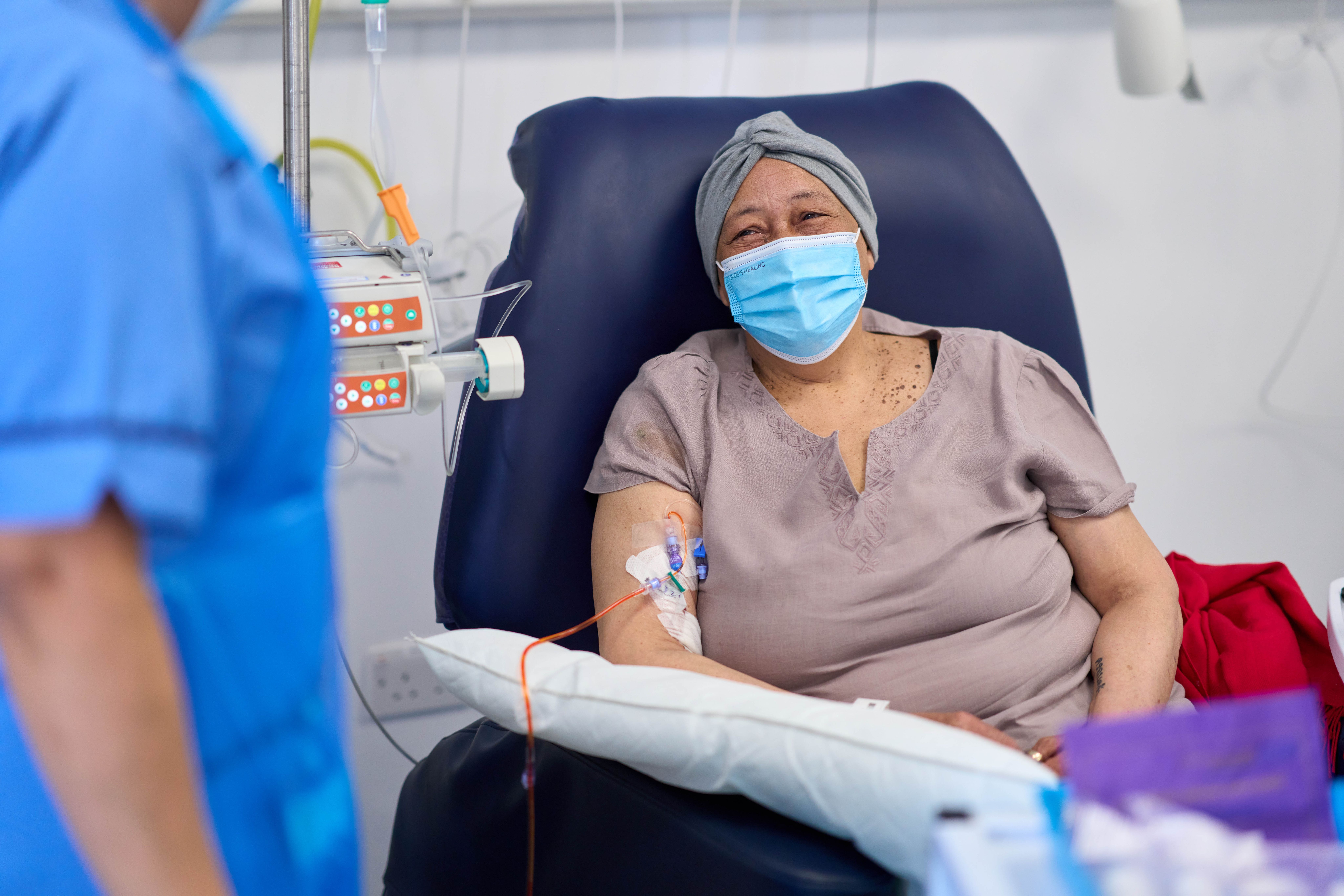
QE Cancer
With one in two people diagnosed with cancer every two minutes in the UK, we want to do all we can to help the patients treated at the QE.
We are a centre of excellence for cancer care in the West Midlands and currently see thousands of patients. We want to do all we can to help those children and adults who are treated at our hospitals and in the community as they face one of the toughest challenges in their lives.

PET-CT Scanner
Help us change and save lives at Queen Elizabeth Hospital Birmingham! We need your support to put Birmingham on the map!
We are launching a multi-million pound fundraising appeal to fund a state of the art PET CT Scanner for the Queen Elizabeth Hospital Birmingham.
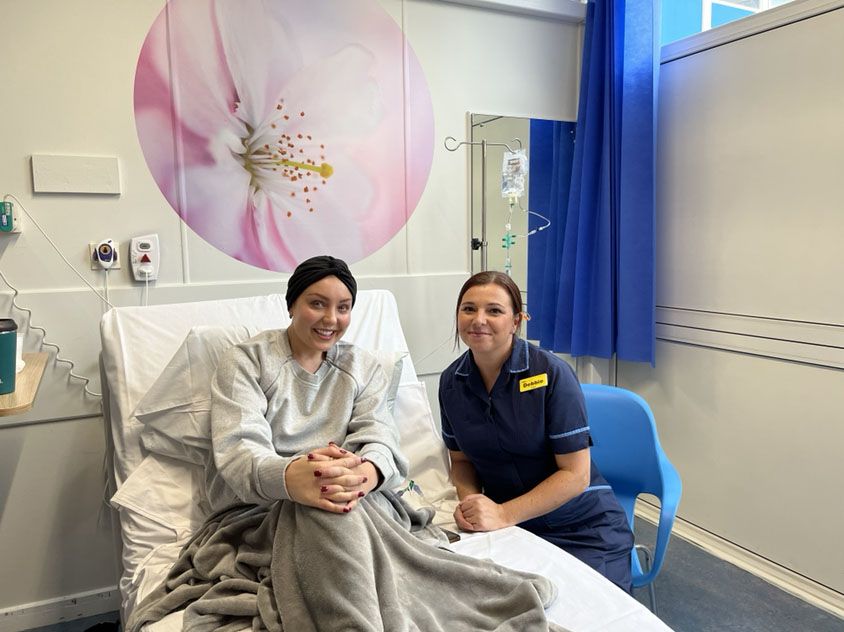
Breast Cancer
Breast cancer is the most common cancer in the UK with one woman diagnosed every 10 minutes.
Around 55,000 women and 400 men are diagnosed every year in the UK, that’s why we’re doing all we can to help breast cancer patients across Birmingham, the West Midlands and beyond while they are going through their treatment. From mobile screening units to try and catch cancer early to cold caps that help prevent hair loss.
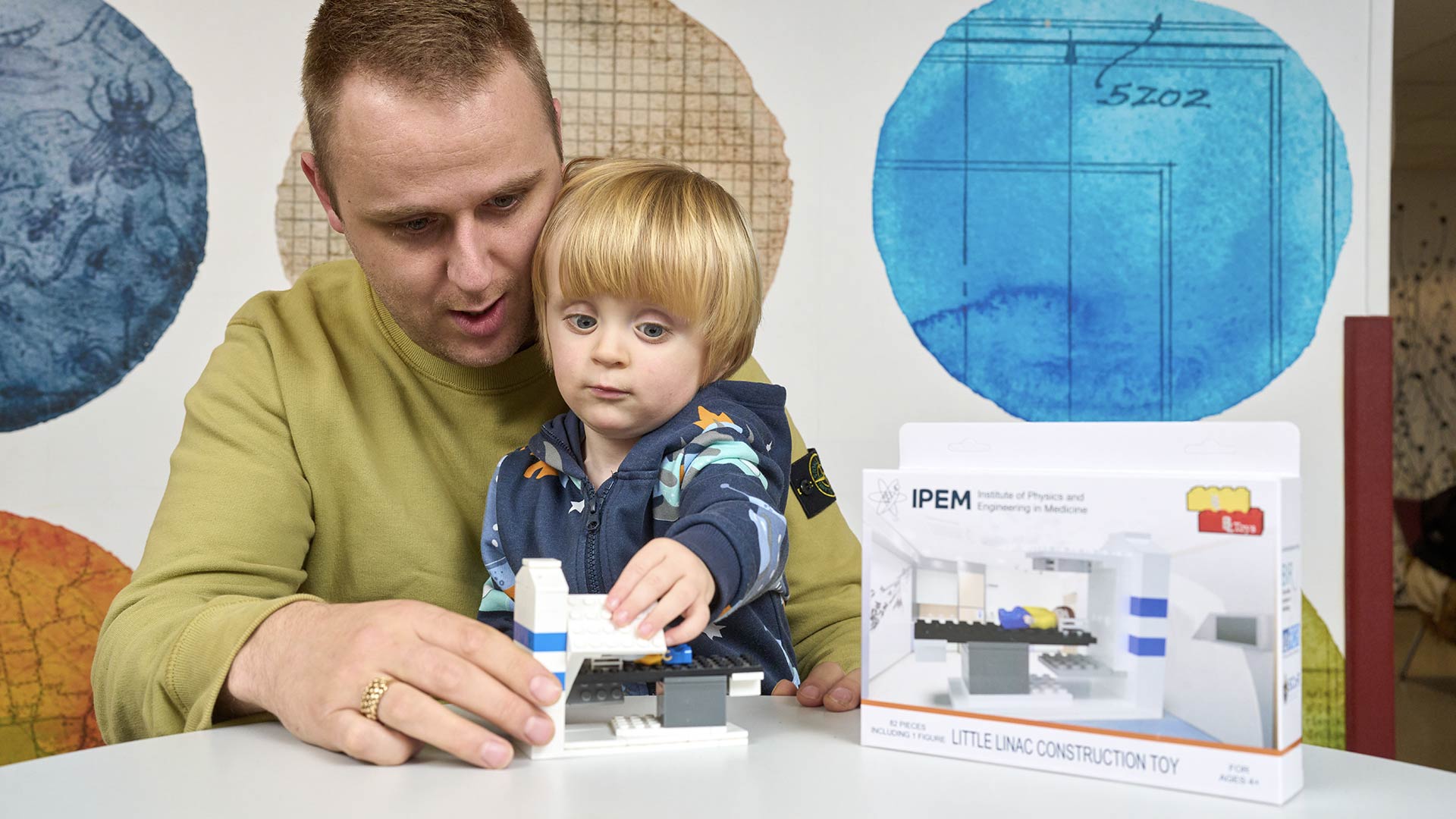
Supporting Children With Cancer
It can be a worrying time for anyone going through cancer, let alone a child; that’s why we are determined to make the treatment journey for these mini superheroes as easy as possible.
Every year, nearly 100 children are treated for cancer at Queen Elizabeth Hospital Birmingham. Each child goes through an average of 30 treatments, so to prepare them, we provide them with a miniature building block set of a radiotherapy machine, CT / MRI scanner to help them understand the process making it less likely they’ll need anaesthetics.

Young People With Cancer
Queen Elizabeth Hospital Birmingham Charity funds ‘added extras’ that have helped YPU to become a ‘home from home’ for young cancer patients and their families.
From providing DVDs and Xbox games, to pizza nights and ‘grab bags’ filled with essential items, your donations mean we can be there every step of the way to support young patients with cancer.

The Giles’ Trust Brain Tumour Fund
16,000 people are diagnosed with a brain tumour every year in the UK. Only around one in 10 of those patients survive beyond five years.
The Giles’ Trust Brain Tumour Fund was set up after the wife of England Cricketer, Ashley Giles suffered a brain tumour. Stine Giles was treated on a new TomoTherapy machine funded by Queen Elizabeth Hospital Birmingham Charity just weeks before she was diagnosed.
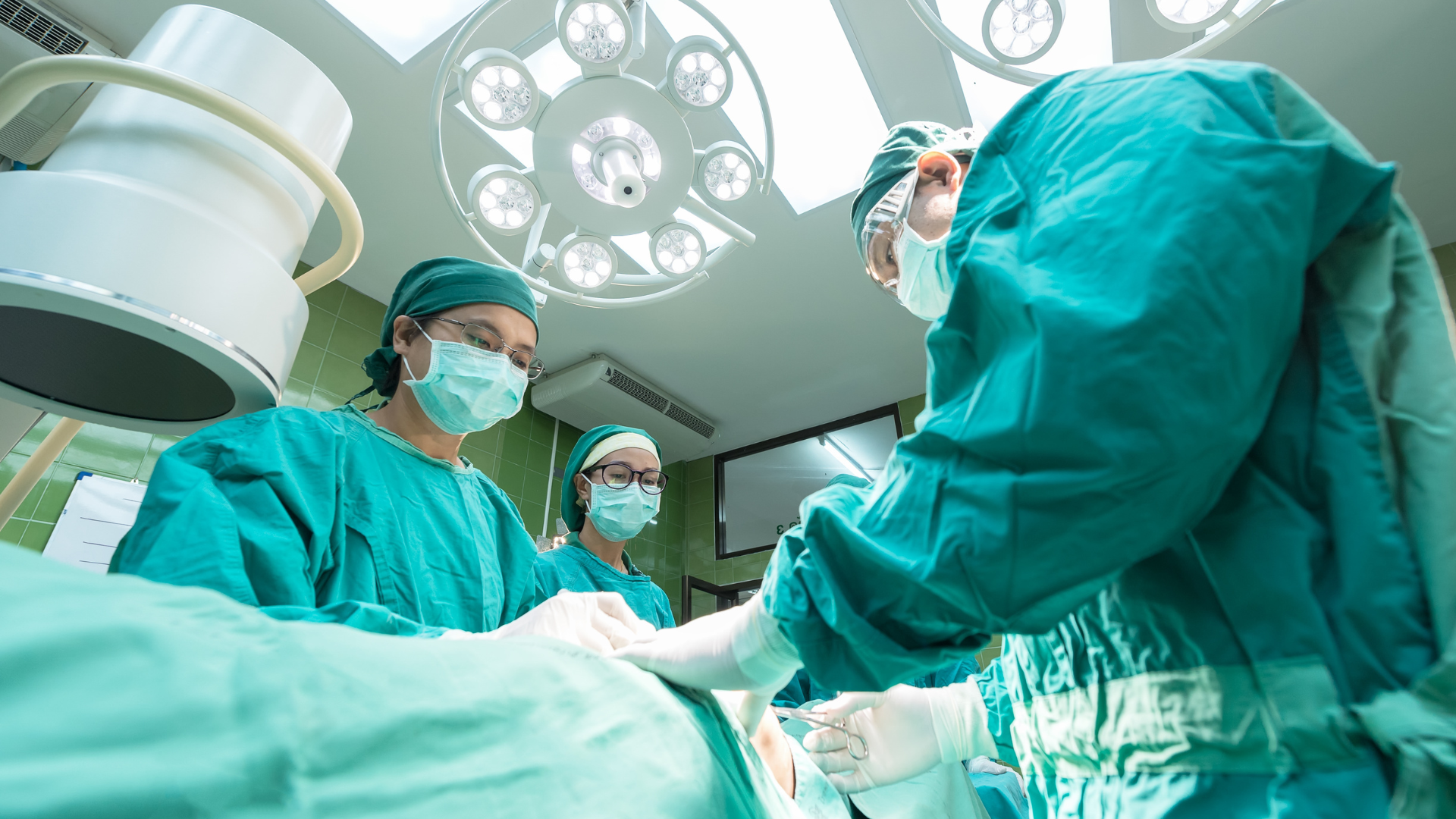
Neuroendocrine Tumours (NETs)
A Neuroendocrine Tumour is thankfully quite rare but for the five in every 100,000 who is diagnosed, it has a profound effect on their life.
Between 60-80% of patients don’t find out they have a NET until it’s at an advanced stage. This is why we help to fund vital, life-saving research at the Birmingham NET Centre, which is an accredited Centre of Excellence in Europe, treating more than 1,000 patients with complex cases.

Cancer Research (CIIC)
Our world-class research will save lives – help us fight cancer today.
We fund the Cancer Immunology and Immunotherapy Centre, based at Queen Elizabeth Hospital Birmingham to bring together cancer specialists from the hospital with a team of scientists from the University of Birmingham to research the power of the immune system in fighting cancer.
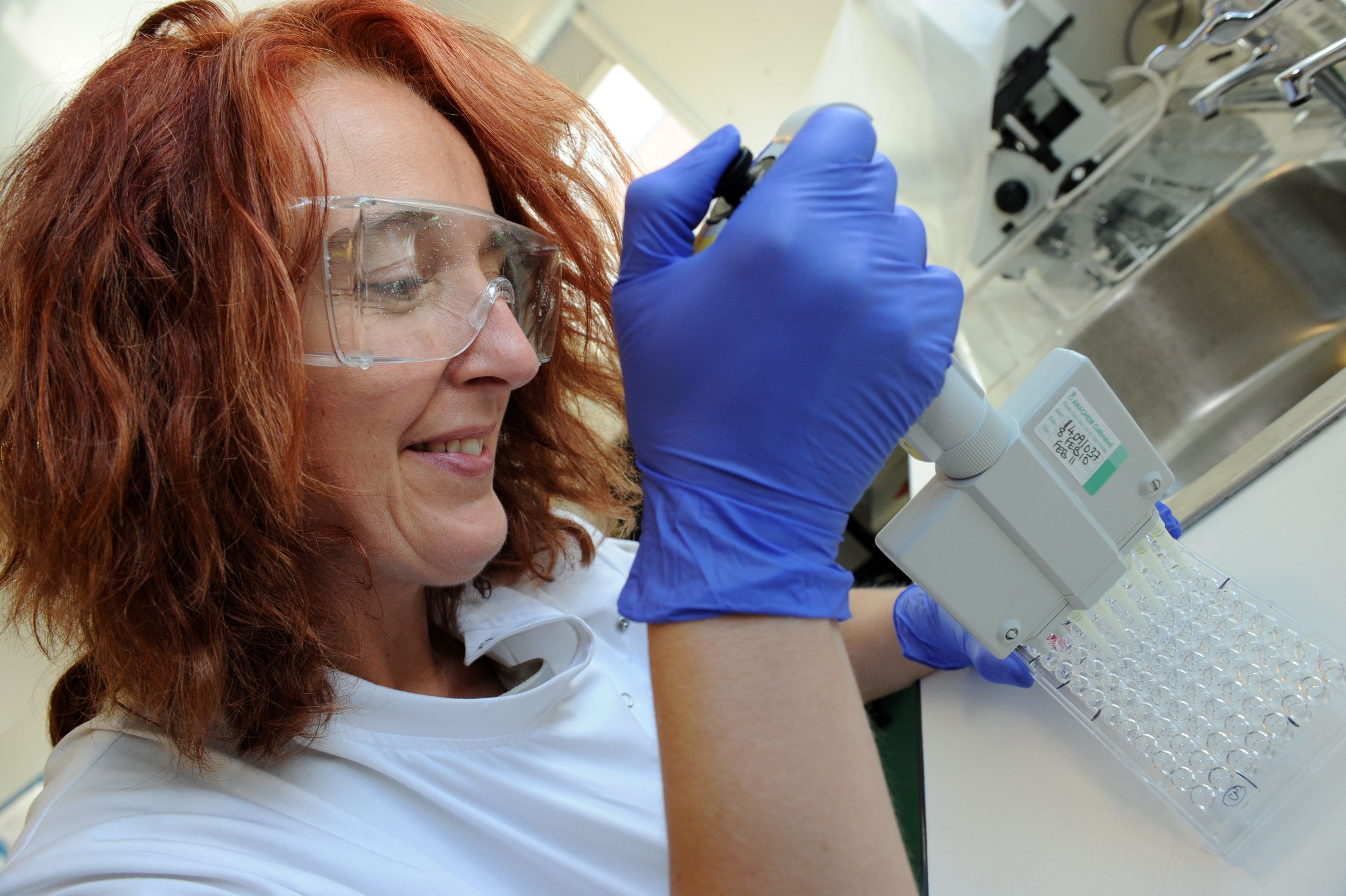
Skin Cancer
Skin Cancer is the fifth most common cancer in the UK. Over the last decade, the number of people being diagnosed with malignant melanoma has increased by almost half.
Research and finding effective treatment are key to helping patients – which is where the hospital charity comes in. We help the skin cancer team conduct trials into some of the many other forms of skin cancer where there is less understanding of the most effective treatments.
The trials aim to ease the burden of treatments on patients, whilst still fighting the cancer and improving the patient’s quality of life and life expectancy. The trials also give patients more treatment options when standard treatments have failed.

MaxilloFacial
Queen Elizabeth Hospital Birmingham Charity prides itself on supporting ground-breaking equipment that revolutionises a patient's treatment and leads the way in medical advancements.
MaxilloFacial is one of those pioneering projects that we helped fund. The 3D printer planning software worth nearly £40,000 helps the hospital’s Maxillofacial Prosthetic Department, by creating facial prosthetics and is at the forefront of reconstructive surgery services in the UK.
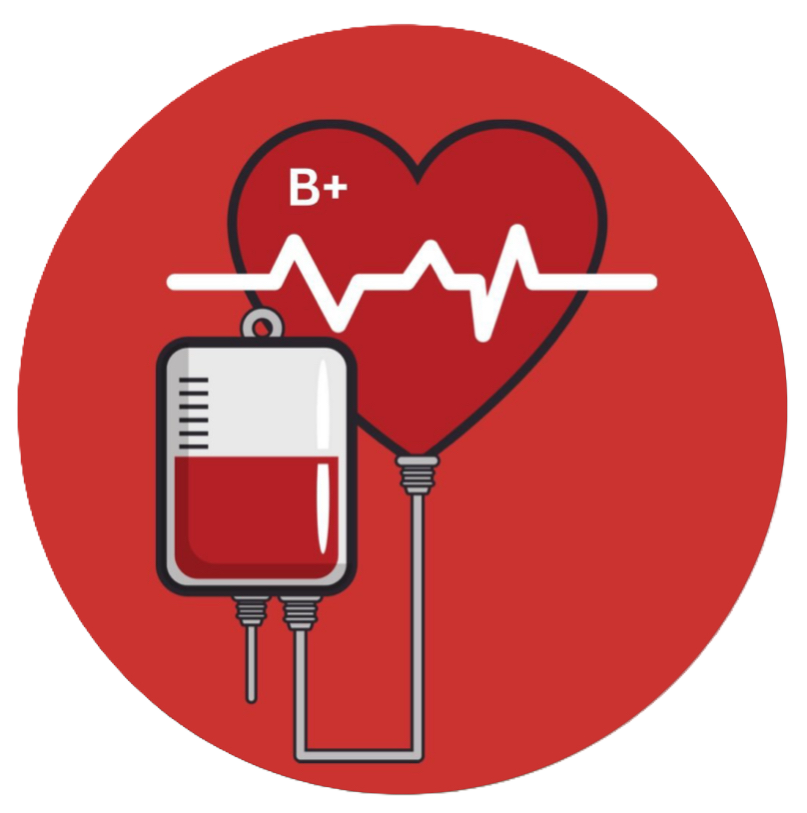
Friends of Haematology and Oncology
The Blood Fridge Friends Group (BFFG) was formed to support the dedicated cancer care team at Heartlands Hospital, Birmingham who deliver exceptional care every day, often with limited resources. Inspired by a conversation with nurses, we learned that one of the most urgently needed pieces of equipment for the hospital’s new cancer day unit is a specialist blood fridge, a vital machine that stores blood safely and reduces delays in treatment.